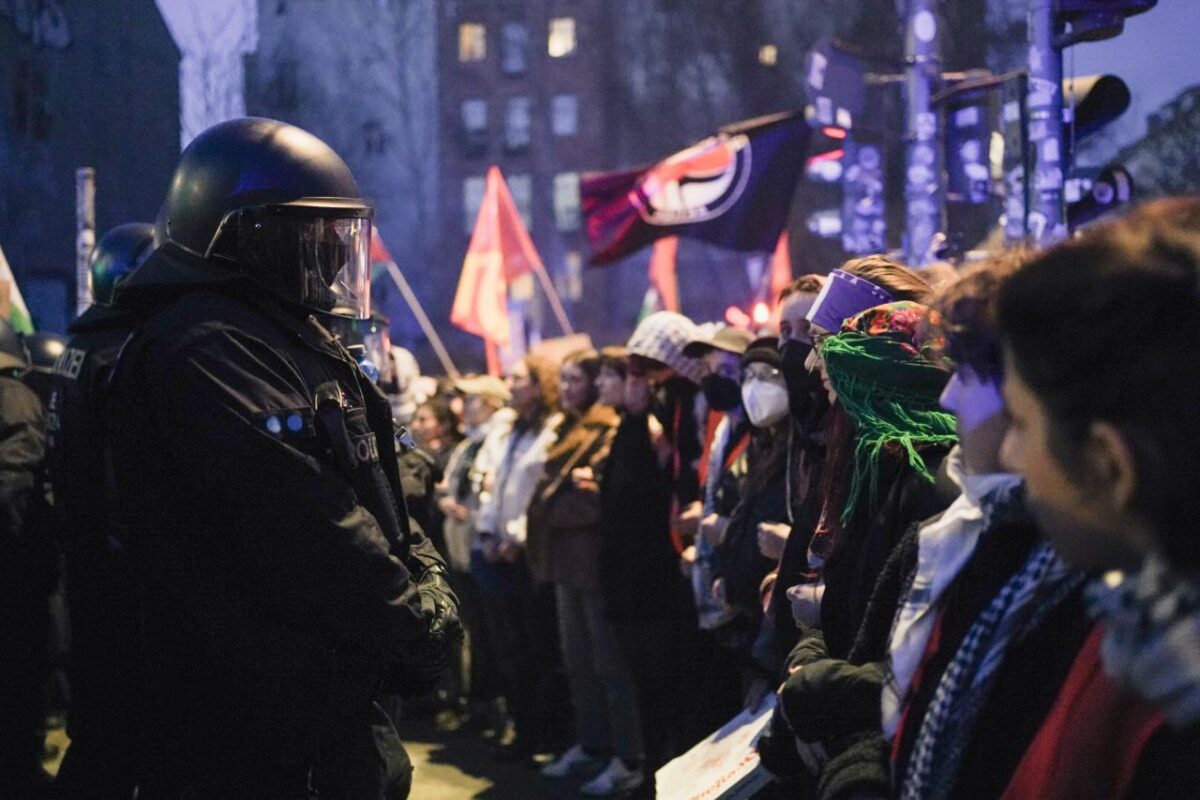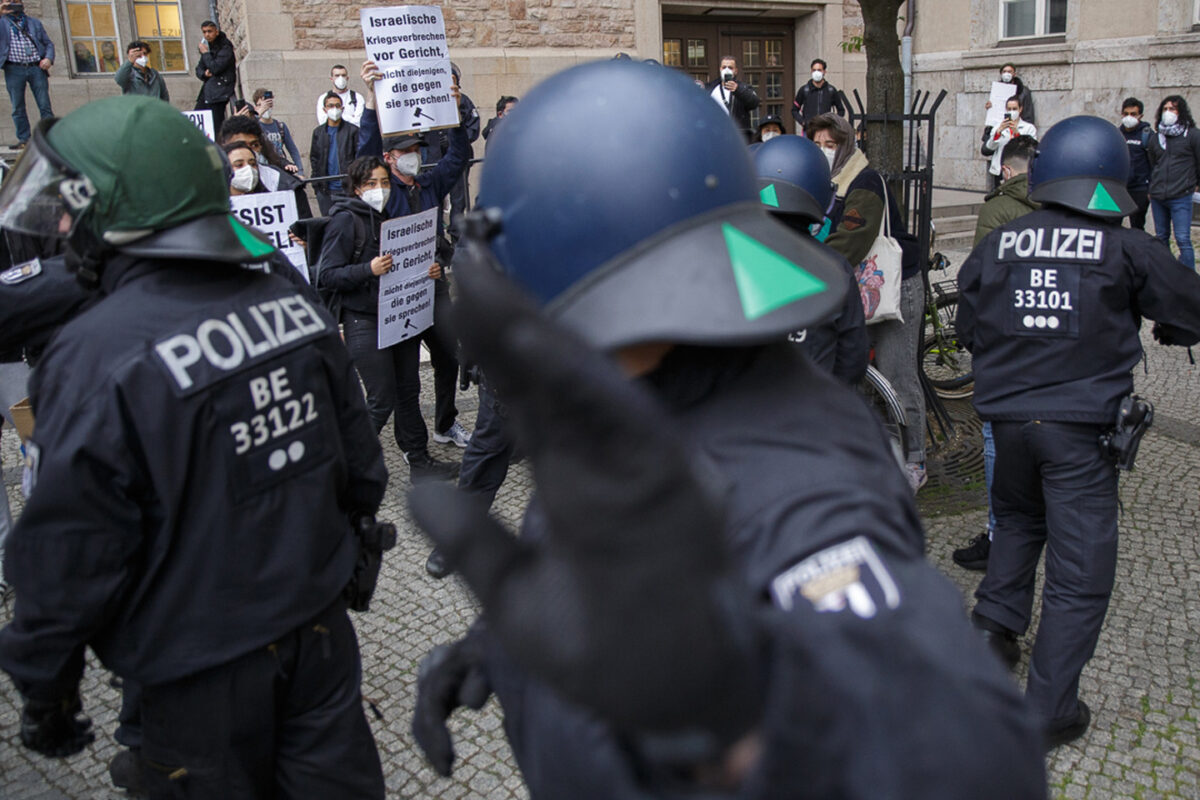After 15 years of construction work, Karl-Marx-Straße in Neukölln is finally open again. Is this a good time for a joke about Berlin’s notoriously incompetent government? No, since this is a political decision: infrastructure is falling apart because the German ruling class wants to spend trillions on weapons.
I go down KMS several times per day. Even as a proud car hater, I assumed the chronic traffic jams would clear up. But absolutely nothing has changed: during rush hours, autos stand still, spewing out poisonous fumes and blocking ambulances. It turns out what blocks cars is not construction sites—it’s other cars.
This is why adding new lanes doesn’t improve traffic flow: Investment in car infrastructure just puts more cars on the streets. As an old German saying puts it: “If you sew streets, you reap traffic.”
Investments
A new segment of the inner-city highway A100 is set to open this year—three kilometers of road for €700 million. The Senate wants to extend it further into Friedrichshain, which will cost over €1 billion.
Last weekend, a segment of the S-Bahn around Schöneweide shut down because there were no workers for the signal box. The U-Bahn line U1 hasn’t been running for two weeks due to a lack of drivers.
Every euro invested in roads is one missing for public transport. Paradoxically, money for subways, trams, and buses is what gets people out of cars—and thus prevents traffic jams.
Car supremacy
I’ve written that car culture seems like an addiction: users claim to love it, even when it clearly makes them miserable. Another way I’ve been thinking about this is “car supremacy.” German traffic rules go back to a Nazi law from 1935, which defined motorized vehicles as the Übermenschen of the streets.
Today, German drivers still enjoy enormous privileges. If you want space to keep a car, for example, the city will provide it to you for free (or at most €10 per year). If you need that space for anything else, including living, you’re on your own.
This kind of extreme privilege can make people feel like any proposed change is an attack. Take white South Africans, who make up 7 percent of the population but control 70 percent of farmland. As soon as anyone talks about reducing inequality, they shout “white genocide.” As the saying goes, “when you’re accustomed to privilege, equality feels like oppression.”
The same thing is happening with drivers. They kill about 50 people per year in Berlin—yet any measure to stop this constant mass murder feels like an attack on their human rights.
On the remodeled Karl-Marx-Straße, drivers complain that the unprotected bike lanes now take too much space. Most of the limited space, however, is taken up by parking spaces, so huge metal boxes can stand unused for 23.5 hours per day. Meanwhile people are forced to squeeze past each other on narrow sidewalks.
Referendum
Sometime next year, Berliners should be able to vote on a referendum to make the inner-city car-free. I don’t think this has even a tiny-chance of passing. Thanks to the Greater Berlin Act of 1920, countless villages are included inside the city borders. Our odious, provincial mayor comes from the distant town of Kladow, for example. Many suburbanites insist they need cars—and I wouldn’t want to decide for them, as I live in a completely different place. Unfortunately, millions of them are allowed to vote on transport policy for the actual city.
Nonetheless, this referendum will get people thinking. People inside the S-Bahn-Ring are far less likely to own a car than people out in the boondocks. Why do we dedicate so much space to a means of transportation most people don’t use? Why should cars rule the road, even as they are blocking trash pickup and regularly killing kids?
Berlin’s constitutional court just declared that there is no fundamental right to a car. As a communist, I am a democrat—I believe in the equality of all people. I despise apartheid for the same reason I despise cars. KMS, with its myriad cultures, could be beautiful—if only we could get rid of the cars.
Red Flag is a weekly column on Berlin politics that Nathaniel Flakin has been writing since 2020. After moving through different homes, it now appears at The Left Berlin.




